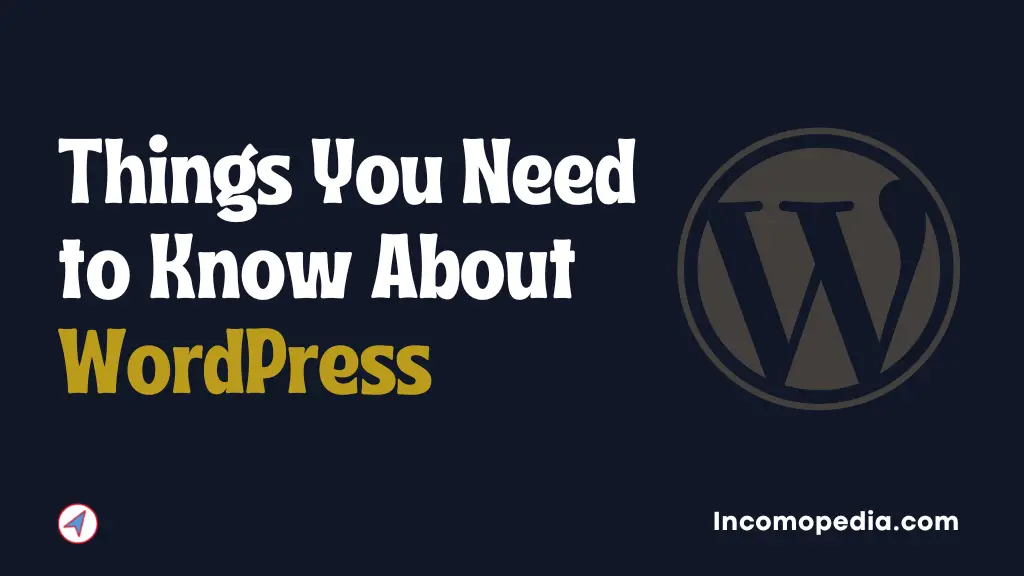If you do not have any technical knowledge, but plan on creating a website with WordPress, you have come to the right place. This article is beginner friendly and has the purpose of familiarizing you with the most important information when it comes to WordPress. Keep in mind that if you decide to build a website using this content management system, you will need to purchase a WordPress-optimized hosting solution.
Now let’s begin with one simple question:
Why WordPress?
Users can create their own websites or blogs with the help of WordPress, a content management system that is widely used. It began as a platform for blogging, but it has since developed into an extremely flexible and scalable system. WordPress is capable of supporting a wide variety of website types, such as landing pages, online stores, corporate websites, and news outlets. WordPress is utilized by a large number of well-known brands for their own websites, which is evidence of both its capabilities and its dependability.
Which is Better: WordPress.com or WordPress.org?
The most significant distinction between WordPress.com and WordPress.org is that the former is self-hosted, which means that users of WordPress.org are responsible for making their own hosting arrangements, whereas WordPress.com takes care of that for you. As we previously mentioned, if you choose to go with WordPress.org, you will need to purchase a hosting plan from a provider.
Using WordPress.com comes with several other restrictions, including a limited amount of storage space, no support for additional plugins or themes, and less control and flexibility overall. Because of these restrictions, the standard recommendation is to use WordPress.org rather than the WordPress.com service because it provides more room for expansion at a lower cost.
Now let’s get more familiar with WordPress features:
Theme
Your website can be designed and styled using something called a WordPress theme, which is a collection of files and templates used for that purpose. There are a lot of themes out there that come with a variety of helpful features and configuration options that let you fully customize your website. Some of these customization options include your logo, typography, colors, menus, widgets, animations and effects, and responsiveness. Because of this, you are able to give your website a distinct appearance that will set it apart from others.
Plugins
Plugins are supplemental features that can be added to a WordPress website in order to extend the capabilities of that website. If you can think of a feature that you would like to have on your website, there is almost certainly a plugin that will allow you to do so. For instance, if you want to add subscription forms to your WordPress website, you can do so by installing an email marketing plugin. This will allow you to collect users’ email addresses.
Plugins typically have a user-friendly interface and are simple to incorporate into a website, which is one of their many advantages. Each plug-in comes with its own unique set of configuration options, which you can tailor to precisely fit your requirements.
Widgets
To enhance the look of your website as well as its usability, you can utilize a variety of elements known as widgets, which you can add to different areas on your website. Widgets are primarily used to improve a website’s visual appeal, as opposed to plugins, which are primarily used to extend the functionality of a website.
The default installation of WordPress comes with a number of widgets already installed, including a calendar and a text widget. There are also a great number of helpful WordPress widgets that are integrated with third-party themes and plugins. Some examples of these widgets include the widget for displaying opening hours, the widget for displaying recent posts, and the widget for displaying social icons.
Conclusion
WordPress is an excellent tool for building a beautiful and functional website regardless of its purpose. Themes and widgets allow you to create aesthetic designs with visual elements, while plugins give you the ability to add a number of functions. These three WordPress features contribute to the wide popularity of this content management system. So if you decide to use WordPress for your website, you will not regret it.

